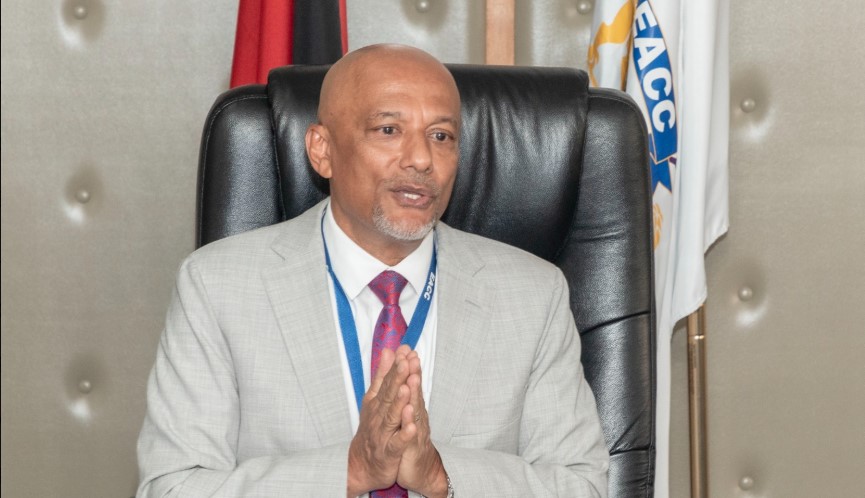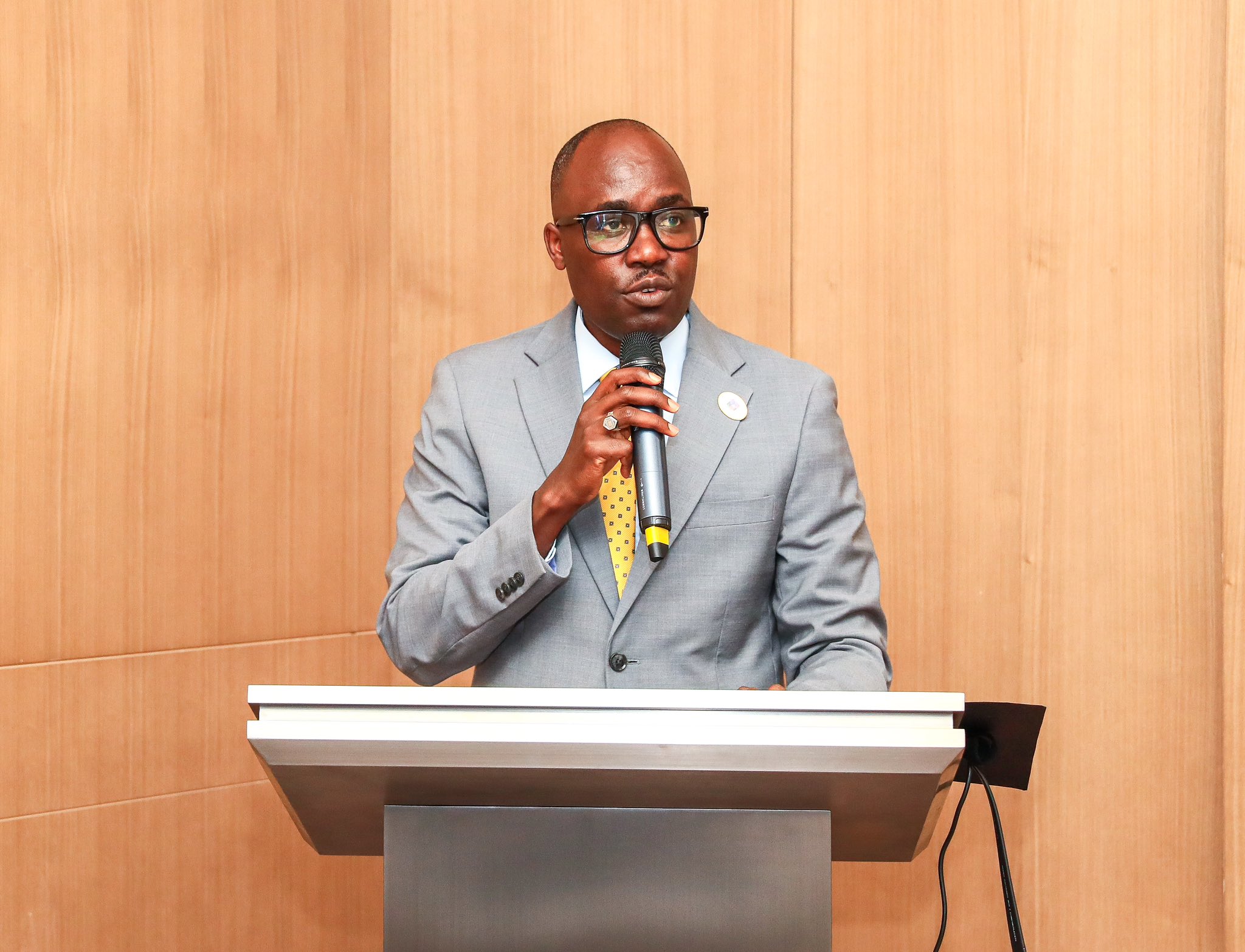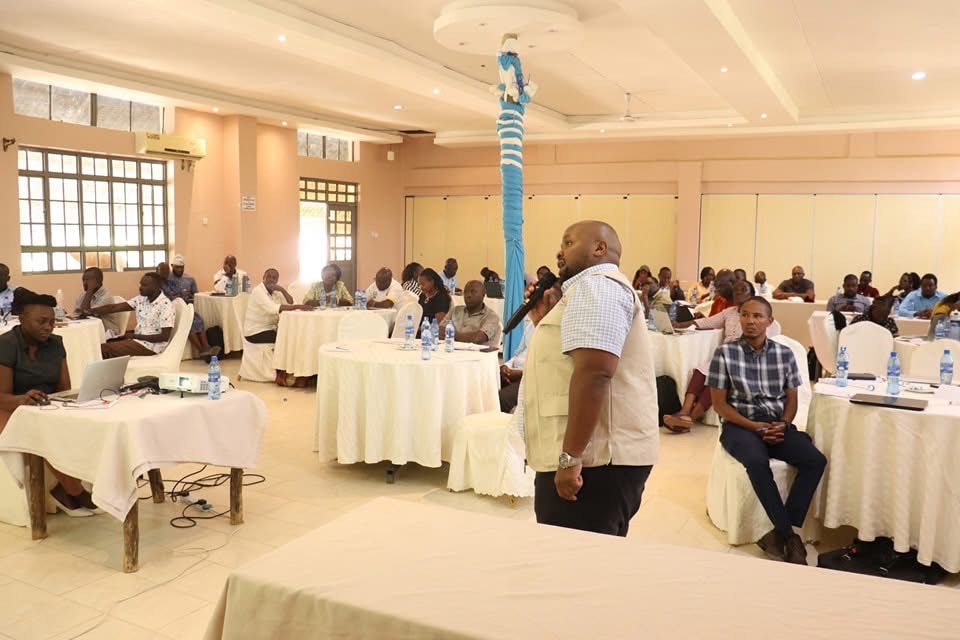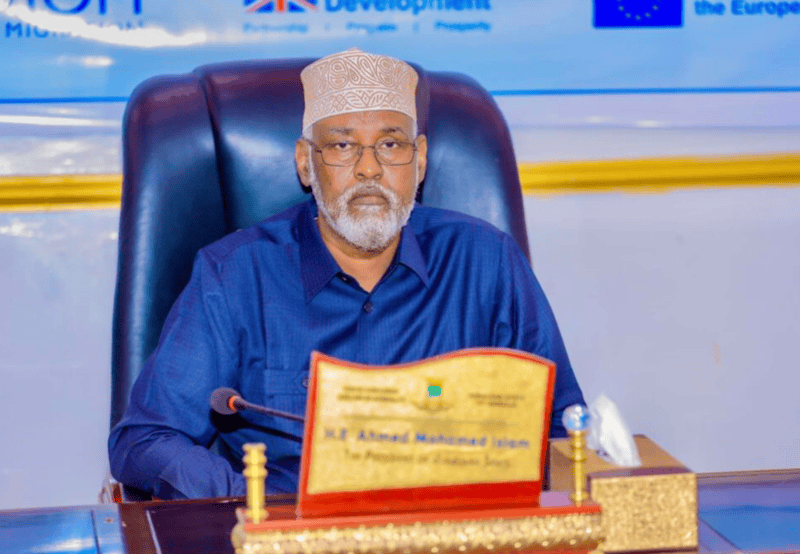Fake academic papers, impunity among Kenya’s biggest corruption hurdles – EACC boss

Twalib highlighted impunity as the most significant obstacle in combating corruption, saying that people continue to engage in corrupt practices without fear of punishment.
The widespread use of fake academic certificates in Kenya’s public service and the culture of impunity have emerged as some of the biggest challenges facing the Ethics and Anti-Corruption Commission (EACC).
Outgoing EACC CEO Twalib Mbarak has revealed that the public service is grappling with a significant number of individuals holding fraudulent academic documents.
More To Read
- Over 400 civil servants fired for using fake academic certificates
- Court releases car dealer Khalif Kairo on Sh2 million cash bail
- Senior police officers accused of interfering in private land dispute in Nairobi
- New EACC boss Abdi Ahmed vows to intensify anti-corruption efforts, recover stolen assets
He stressed that addressing this issue is particularly challenging because some of these individuals are shielded by senior public servants and political figures.
“What we have observed over a long period of time is the rampant use of false academic documents in public service. There is a need to safeguard Kenya’s education system from fraudsters,” Twalib said in an interview with Daily Nation.
The outgoing EACC boss, who has led the anti-corruption body since January 2019, recounted an instance where a county government official acknowledged that more than 160 members were using fake documents but refused to cooperate when summoned, citing concerns that it would impact his chances of re-election.
Twalib took over the leadership of the EACC at a time when the agency faced a loss of public confidence, exacerbated by unresolved corruption scandals in state institutions.
Despite facing numerous hurdles during his tenure, he expressed confidence in the commission’s achievements.
“When I took over office, it was a difficult period and Kenyans wanted instant results. I promised to deal with the graft lords and restore public confidence,” Twalib said.
“I said then it will not be business as usual. That has been the mantra at EACC. All cases were handled in a professional manner. I am happy I have set in place systems that will outlive me and those who come after.”
During his leadership, the EACC went after high-profile figures, including Cabinet Secretaries, Principal Secretaries, governors, Members of Parliament, and top parastatal heads, with many of them facing legal action.
Impunity
Twalib highlighted impunity as the most significant obstacle in combating corruption, saying that people continue to engage in corrupt practices without fear of punishment.
“Impunity is the biggest problem. Some motorists and police openly engage in what some people think is petty bribery and extortion. So many motorists are defying traffic regulations because of police corruption, which might be regarded as minor but collectively results in major road accidents. Why do we, for instance, need 12 traffic police officers at a roadblock? What Kenyans regard as petty corruption has major effects,” Twalib said.
He also pointed to inadequate funding as another challenge faced by the commission in addressing corruption.
“We need to streamline procurement processes and centralise all government tenders so that everything is above board. Everyone should be able to retrieve any information on tenders awarded,” he said, emphasising the need for prosecutors and judges who are well-versed in procurement processes and financial expertise.
Assets recovery
Twalib’s tenure saw a significant recovery of assets, including the return of 35 title deeds worth over Sh5 billion, as well as cash assets totalling Sh511 million.
Notable recoveries included properties owned by the Judiciary, the National Police Service, and the State Law Office.
He credits the shift in focus from arrest and prosecution to asset recovery as a major success in the commission’s efforts.
Internationally, Twalib highlighted the recognition of EACC by organisations such as the World Bank, the Federal Bureau of Investigations (FBI), and the United Nations Office on Drugs and Crime.
Looking back on his career, Twalib, a retired military officer who joined the Kenya Defence Forces in 1984, said he believes that fighting corruption effectively requires a societal shift in attitudes and the strengthening of institutions within the criminal justice system.
As he prepares for retirement, Twalib said he remains optimistic about the future of the EACC but acknowledged that a lot of work remains to be done.
The father of four, who has had a 41-year career in public service, said he plans to ease into a less demanding schedule following his retirement.
Top Stories Today

















